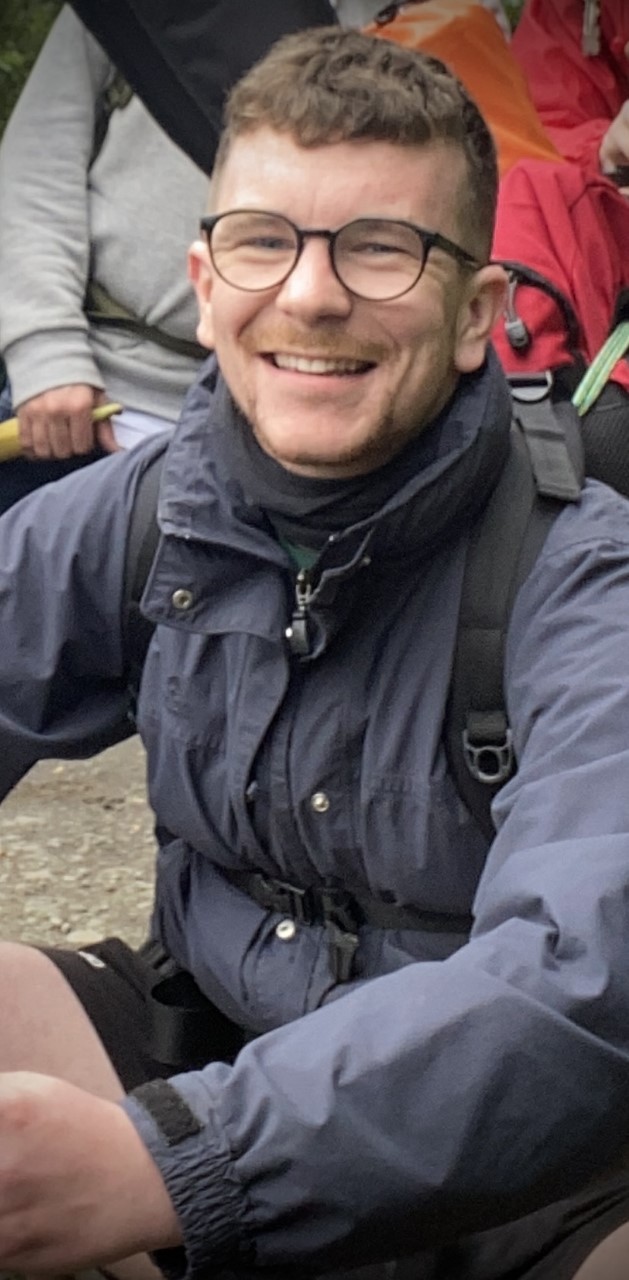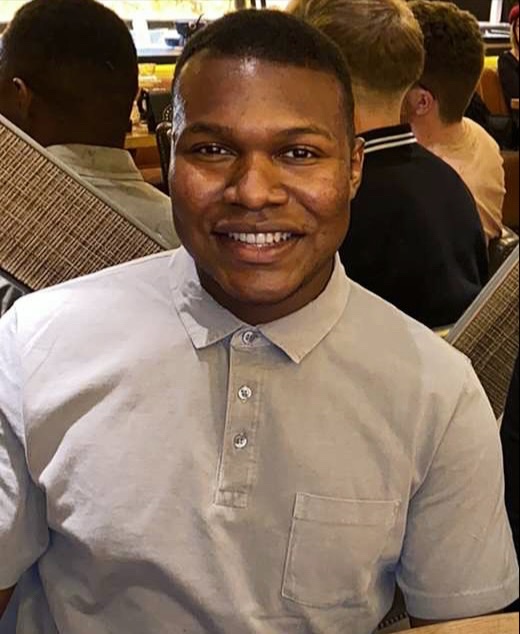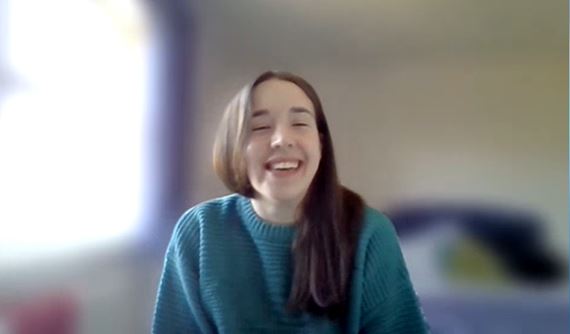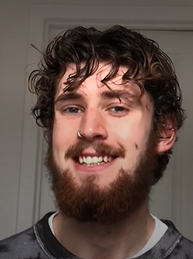Interns
SPECTRA Lab
SPECTRA LABs summer Research Scholarships 2022

Reece Docherty
Hi! I’m Reece, a 4th year psychology student at HWU. I participated in HWU’s CABS internship programme and have been lucky enough to be a part of the SPECTRA team. Through this opportunity I have been able to accrue experience in data handling, and in both qualitative and quantitative analysis. I have also been able to lay some of the foundational infrastructure which will be used to understand the quantitative data collected, as well as format case studies to inform future data collection. Both of which were incredibly challenging and exciting, testing my problem-solving skills. To anyone considering a position with SPECTRA labs or a similar role, my recommendation would be to take it as my experience has been superb!

Benjamin Nkere
FACE Lab CABs Summer Research Internship 2021
- George Gray – – Co Supervisors – Dr Louise Delicatto & Prof Graham Turner – I am a fourth-year psychology student and CABS summer research assistant intern. Over summer I have been working on the Sensitivity of people to Different Identities and Emotions (SeDIE) project. We have been investigating whether being a user of BSL affects people’s sensitivity to identity and emotion recognition and how psychiatric or neurodiverse traits affect this. By working on this project, I have gained valuable experience in working as part of a team of professional researchers to successfully carry out a research study. This has also given me an insight into some of the challenges researchers face when carrying out studies, such as recruitment and ethical challenges.
STAR Lab
CABs summer Research Scholarship 2022
STAR Lab
Social Anxiety to Confidence Coding System (SACCS) co-supervised by Dr Louise Delicato
Confident social performance is associated with personal and professional resilience across contexts, but confidence can be undermined by social or performance anxiety during public speaking. The Expert Performance Approach (EPA) involves performance capture under controlled conditions in a repeated manner using tests that can discriminate skill level. Based on EPA, the aim of the project is to develop a sophisticated coding system based on fine grained observations of recorded online videoed presentations. This will be used as the basis for an automated behavioural analysis tool using machine learning and artificial intelligence to enable self-monitoring and performance assessment and to predict readiness to perform to accompany a digital intervention for social/performance anxiety.
Voluntary research Assistants (VRAs)
STAR Lab VRAs
Dina Rogerro (UG student Edinburgh – Graduated 2022)

Dina has been helping out on several studies conducting literature reviews, most recently on the ‘Development of social confidence assessment and feedback tool’ study currently recruiting (see Take Part in Research studies Tab) where she has been acting as an audience member for the study and has been involved in behavioural analysis. Hear from Dina in her own words via the link below about her experiences working as a VRA in STAR Lab.
https://web.microsoftstream.com/video/4eb078cb-8b34-41e7-92b8-38cf5b3c145f
Alice Colnaghi (4th year UG Student Edinburgh)

I am currently in the third year of my undergraduate degree and have been assisting with the ‘Development of social confidence assessment and feedback tool’ study with Dr. Mel McKendrick. I am particularly interested in occupational and organisational psychology, with my dissertation topic surrounding predictors of burnout in the workplace. By volunteering as a research assistant, I have gained valuable insight into how a research project progresses, some of the challenges that may arise and how they are tackled, and how to work effectively as part of a professional team of researchers. Assisting with this project has also helped in solidifying my love for data analysis, and as a result I aim to start a career in data analytics once I graduate.
Oscar Thompson (UG Student Edinburgh – Graduated 2022)

Oscar also previously helped to develop a behavioural scoring scheme for the ‘Development of social confidence assessment and feedback tool’ study’. Hear from Oscar in his own words via the link below about her experiences working as a VRA in STAR Lab.
Dina and her fellow summer interns taking about their experiences
Voluntary Research Assistants
Gamification for Education 2022
Declan Murphy (4th year UG Student Edinburgh)
I am Declan and I’m currently in my 4th year on a BSc (Hons) Psychology course. My plans after graduation is to pursue a masters degree and eventually study my way up into a career within experimental psychology. I’m particularly interested in learning about cognitive psychology and neuropsychology – although I am currently involved in studying a range of areas, for example, my dissertation is focusing on climate-change-related anxiety. Outside of academia, I play guitar and have quite a large interest in creating music of all kinds as well as creating and editing videos as a hobby for my friends to enjoy.
Student Directed Studies
Carnegie Summer Research Scholarship 2021
- Dina Rogerro – In my third year of my undergraduate degree, I completed a 12-week long project funded by a Carnegie Undergraduate Vacation Scholarship titled, ‘A trial and investigation into the effectiveness of a virtual befriending scheme for socially isolated adults’. This qualitative research project aimed to assess how engaging and beneficial it would be to incorporate a virtual tour of a tourist attraction into remote befriending sessions and what some of the barriers are that prevent befriending service-users from being able to take part in virtual befriending. The findings from this study revealed that whilst there are a number of benefits to the virtual befriending activity, issues relating to technology are some of the main reasons why befriendees are unable or uninterested in virtual befriending.
